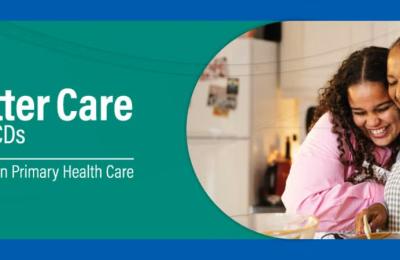COVID-19 deaths: Distribution by age and universal medical coverage in 22 countries
Objective.
Relate standardized age distribution of COVID-19 deaths in 22 countries in the Americas and Europe to different indicators of population characteristics and health systems.
Methods.
Distributions of COVID-19 deaths by age group in 22 countries of the Americas and Europe were standardized based on the age pyramid of the world's population. Correlations were calculated between the standardized proportion of people aged <60 years among the deceased and each of six indicators.












